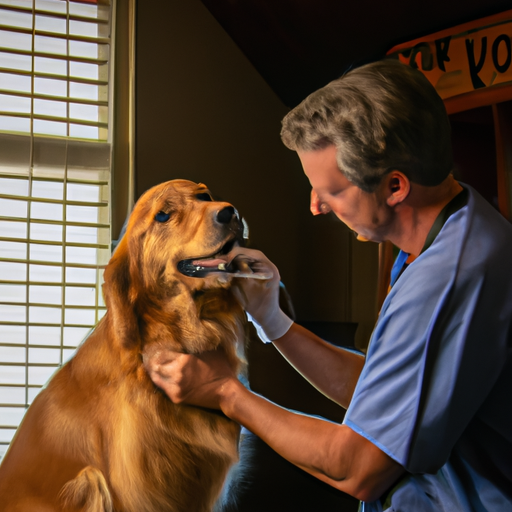Why Vaccinations are Crucial for Your Dog’s Health
As a caregiver, you know that your furry friend’s health is paramount. Vaccinations play a crucial role in ensuring your dog’s well-being. They help protect your beloved pet from a range of diseases, some of which can be serious or even fatal. When you get your little pal vaccinated, you’re not just helping them, you’re also contributing to the health of the wider pet community by preventing the spread of contagious diseases.
Understanding the Types of Vaccines
Your dog’s vaccinations can be divided into two main categories:
-
Core Vaccines: These are recommended for all dogs, regardless of their lifestyle or location. They include:
-
Canine Parvovirus
- Canine Distemper
- Canine Hepatitis
-
Rabies
-
Non-Core Vaccines: These are optional and may be recommended based on your dog’s risk factors. They include:
-
Leptospirosis
- Bordetella (Kennel Cough)
- Lyme Disease
Where Your Dog May Receive Their Shots
Where a dog gets a vaccination injection largely depends on the type of vaccine. Here’s a simple table to help you understand:
| Vaccine | Injection Site |
|---|---|
| Rabies | Right hind leg |
| Distemper, Parvo, Adenovirus | Right foreleg |
| Leptospirosis, Bordetella, Lyme | Left hind leg |
| Optional Vaccines | Left foreleg |
The Vaccination Process: What to Expect
When you take your dog for their shots, you might be feeling a little anxious. It’s completely normal. Your vet will typically start with a general health check. They will then administer the vaccines, usually under the skin or into the muscle. Your dog might feel a little discomfort, but it’ll be over before they know it.
After the shots, you might notice some common side effects like:
- Mild fever
- Decreased appetite and activity
- Discomfort or swelling at the injection site
If these symptoms persist or if your dog seems seriously unwell, get in touch with your vet immediately.
Keeping Track of Your Dog’s Vaccination Schedule
Every dog’s vaccination needs may vary based on their age, medical history, environment, travel habits, and lifestyle. However, a general guideline for your dog’s vaccination schedule might look something like this:
- 6 to 8 weeks: Distemper, Parvovirus
- 10 to 12 weeks: DHPP (vaccines for distemper, adenovirus [hepatitis], parainfluenza, and parvovirus)
- 12 to 24 weeks: Rabies
- Every 1 to 2 years: DHPP
- Every 1 to 3 years: Rabies (as required by law)
Your vet will be able to provide a more personalized schedule for your dog.
FAQ
Why does my dog need vaccinations?
Vaccinations protect your dog from diseases, many of which are serious and potentially fatal. They also help prevent the spread of these diseases in the pet community.
Are there any side effects?
Yes, some dogs might experience mild fever, decreased appetite, and discomfort at the injection site. If these symptoms persist, contact your vet.
How often does my dog need to be vaccinated?
It varies based on your dog’s age, lifestyle, and overall health. Your vet will provide a customized vaccination schedule.



